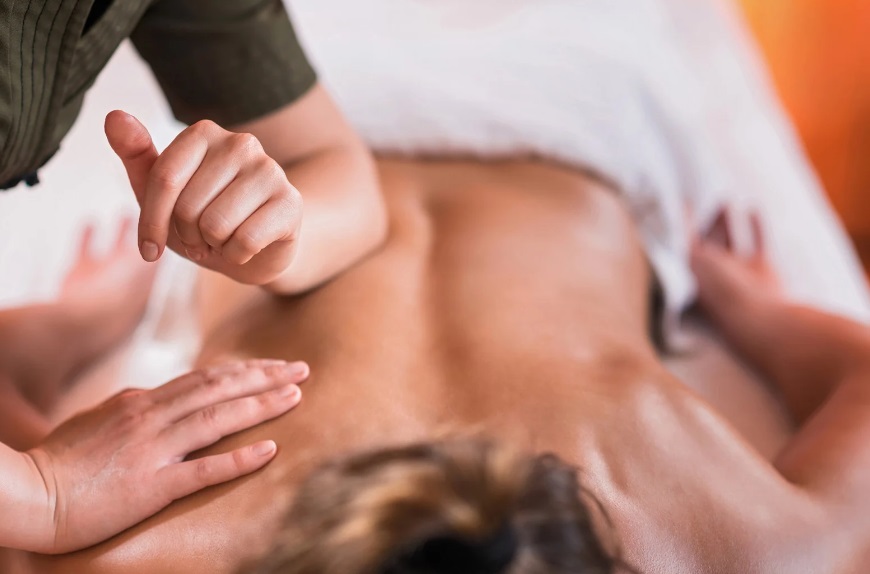Cupping Therapy Treatment in Scotland
While the rugged landscapes and resilient spirit of the Scottish people are often celebrated, the stresses and strains of daily life, coupled with the sometimes damp and chilly climate, can take a toll on physical and mental well-being. Cupping therapy, an ancient practice involving the placement of suction cups on the skin, may offer a range of benefits that could particularly resonate with the health needs of individuals living in Scotland.
One of the primary benefits of cupping is its potential to alleviate pain, a common complaint that can be exacerbated by physical labor, outdoor activities, and even the simple act of navigating cobbled streets. By creating suction, the cups lift the skin and underlying tissues, promoting increased blood flow to the treated areas. This enhanced circulation can help to soothe muscle aches, reduce inflammation, and accelerate the healing of injuries, whether they stem from a vigorous hill walk or the repetitive strain of certain occupations prevalent in Scotland.

Furthermore, the often-damp climate can contribute to joint stiffness and discomfort. Cupping therapy’s ability to improve circulation and reduce inflammation may offer a welcome respite for those experiencing such issues. The gentle pulling action can also help to release tension in the fascia, the connective tissue surrounding muscles, which can become tight and contribute to pain and restricted movement. This could be particularly beneficial for individuals involved in physically demanding industries or those who simply feel the chill in their bones during the long Scottish winters.
Beyond physical benefits, cupping may also play a role in promoting relaxation and reducing stress. The gentle suction and the warmth sometimes associated with certain cupping techniques can have a calming effect on the nervous system. In a world where the pace of life can be relentless, and the sometimes-dreary weather might affect mood, the opportunity to experience a sense of deep relaxation through cupping could be valuable for mental well-being.
Moreover, some proponents suggest that cupping can aid in the detoxification process by encouraging lymphatic drainage. The lymphatic system plays a crucial role in removing waste products from the body. By stimulating lymphatic flow, cupping may support the body’s natural ability to cleanse itself, potentially contributing to a greater sense of overall health and vitality.
It is also worth noting that the holistic approach often associated with complementary therapies like cupping may align with a growing interest in well-being that considers the interconnectedness of mind and body. For Scottish individuals seeking therapies that address more than just isolated symptoms, cupping could be an appealing option.
While further rigorous scientific research is always valuable to definitively establish the mechanisms and long-term benefits of cupping, the anecdotal evidence and traditional use of this therapy suggest it may offer a valuable tool for supporting the health and well-being of the Scottish people. From easing the aches of a hard day’s work to promoting relaxation in the face of daily stresses, cupping therapy could be a worthwhile consideration for those seeking a complementary approach to their health in Scotland.
